Olympics and Paralympics, opportunities for peace
We publish the prologue that the Holy Father has written to the book “Peace Games”, with the subtitle “The soul of the Olympics and Paralympics”, by Vincenzo Parrinello, Italian sports leader, retired general of the Financial Guard
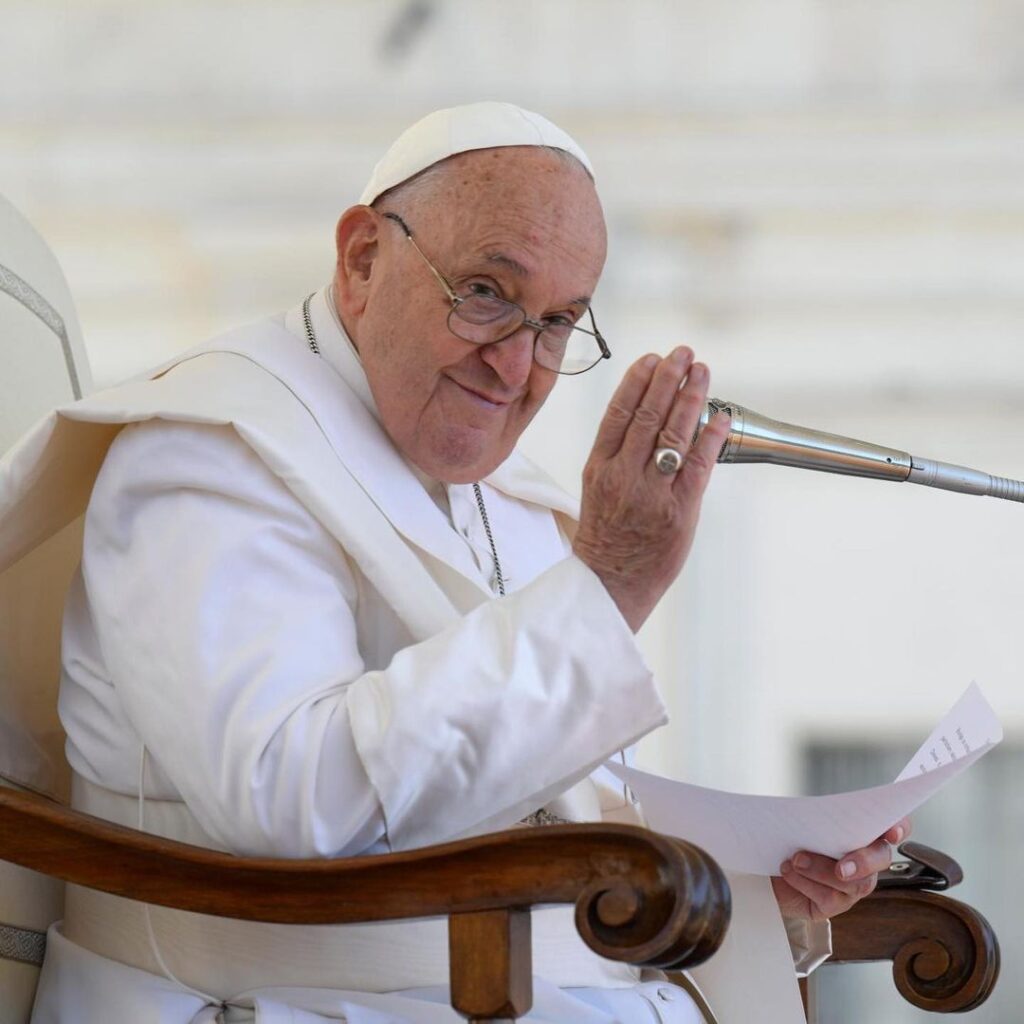
The volume, published by the Vatican Editorial Bookstore (LEV), will be on sale from Friday, June 14.
In the especially dark historical moment we live in, the Paris Olympic and Paralympic Games are an opportunity for peace. Thinking about the value of the Olympic Truce – proposed by the United Nations – I hope that sport can concretely build bridges, break down barriers, and foster peaceful relationships. The United Nations proposed the duration of the Olympic Truce: from one week before the start of the Paris Games to one week after the closing of the Paralympics. The authentic Olympic and Paralympic spirit is an antidote to avoid falling into the tragedy of war and redeem oneself by putting an end to violence.
Yes, today I hope that the call for a truce triggered by the common popular Olympic language, understandable to everyone, in all latitudes, can be accepted. I hope that Olympic and Paralympic sports – with their exciting human stories of redemption and brotherhood, sacrifice and loyalty, team spirit and inclusion – can be an original diplomatic channel to overcome seemingly insurmountable obstacles.
The Olympic Charter enunciates the principle of the centrality of the person in his dignity and commits to contributing to the construction of a better world, without wars, educating young people through sport practiced, without discrimination, in a spirit of friendship and solidarity. It is in the soul of sporting activity to unite and not divide, and the five intertwined rings, symbols, and flags of the Olympic Games represent precisely the spirit of brotherhood that should characterize the Olympic event and sporting competition in general.
I especially liked that in 2021 the International Olympic Committee decided to add “Communiter”, that is, “Together”, as the fourth word of the famous Olympic motto: “Citius, altius, fortius” (“Faster, higher, stronger”), devised by the French Dominican preacher Henri Didon.
“Communiter!” Sport belongs to everyone and for everyone: it is a right. Sport is an ever new Canticle of the Creatures that I see ’embraced’ by my Encyclicals Laudato si’ and Fratelli tutti. True sport – woven, free, amateur – is a great “relay race” in the “marathon of life”, with the baton passing from hand to hand, making sure that no one is left alone. Adjusting one’s own rhythm to that of the last one.
Personally, I have the experience of a child fighting, in the street, with a rag ball and I believe that sport should never lose that style of simplicity that puts a stop to the immoderate pursuit of money and success “at all costs.” With the risk of overwhelming athletes in the name of profit, making them lose the joy that has attracted them since childhood.
Olympics and Paralympics, therefore, in the “Communiter” style: in this perspective, the key word for sport, today more than ever, is “closeness”. This is the first suggestion that, as a “coach of the heart”, I always propose to Vatican Athletic to outline the essence of their shared presence: running or cycling or playing together with all the athletes. By uniting different talents, a better and fairer society is also built. When we play sports together, it doesn’t matter where a person comes from, their language or their culture or religion. This is also a lesson for our lives and reminds us of the brotherhood between people, regardless of their physical, economic or social capabilities.
The Olympic and Paralympic Games are also an opportunity to welcome stories of women and men with different human, cultural and religious experiences. In particular, I encourage efforts to ensure that all athletes, women and men, are recognized with equal dignity, regardless of the number of medals and competitive rankings.
I think of the refugee athletes who tell stories of redemption, hope and inclusion: the Syrian Olympic swimmer who pushes her boat across the open sea to the island of Lesvos – where I have personally visited the refugee camp twice, in 2016 and 2021- rescuing 18 people, and the Afghan swimmer born without arms who become a Paralympic champion. They are not “just” women and men in sports. They are women and men of peace, protagonists of tenacious hope and the ability to get up after a “bad moment.”
The Olympic and Paralympic Games are opportunities for peace: I return to the idea that I proposed at the beginning of my reflection, and that constitutes the common thread of this one. The Pope personally and the Holy See encourage and support the Olympic and Paralympic movement. This has been the case since my predecessor Saint Pius
It is the same style that the Dicastery for Culture and Education, to which in the Apostolic Constitution Praedicate Evangelium I entrusted the care of sport, and Vatican Athletic are also putting into practice in international contexts proposing a fraternal, inclusive and supportive vision of sport. An experience of “closeness” that can greatly contribute to keeping the flame of the Olympic and Paralympic soul lit and fed in future editions with athletes from all over the world.
Related
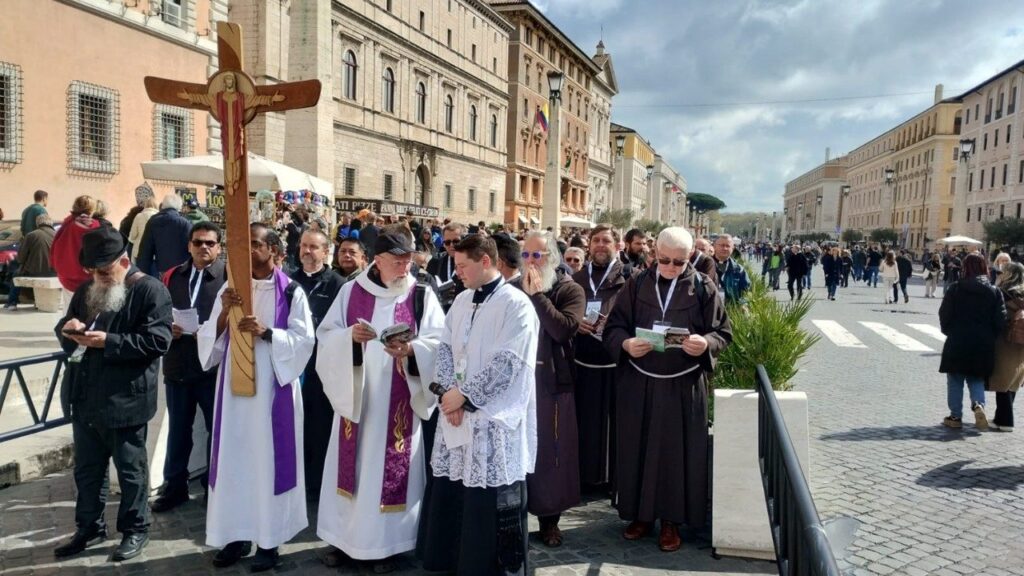
The Pope to the Missionaries of Mercy: God became man to reveal to the world that he never abandons us!
Exaudi Staff
30 March, 2025
2 min
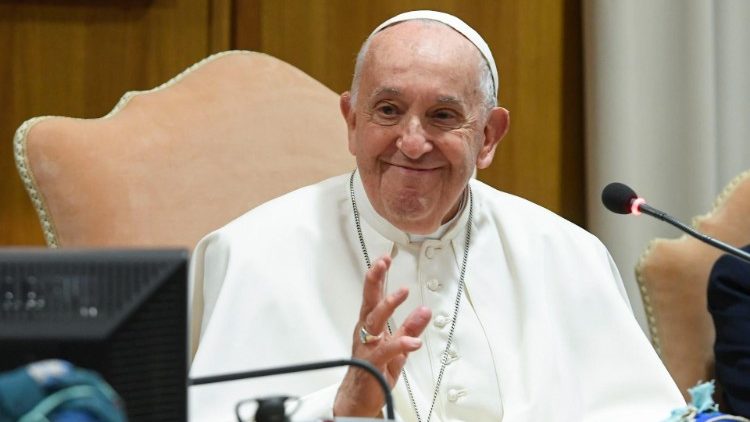
God’s Mercy and the Call to Peace in Pope Francis’ Angelus
Exaudi Staff
30 March, 2025
3 min
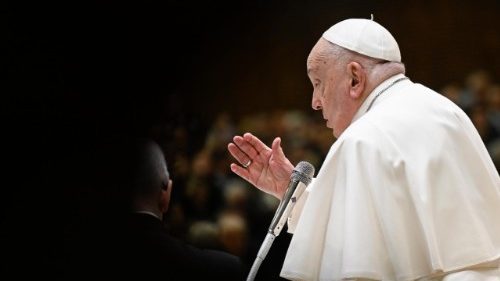
Pope Francis Improves and Prays for Myanmar Earthquake Victims
Exaudi Staff
28 March, 2025
1 min
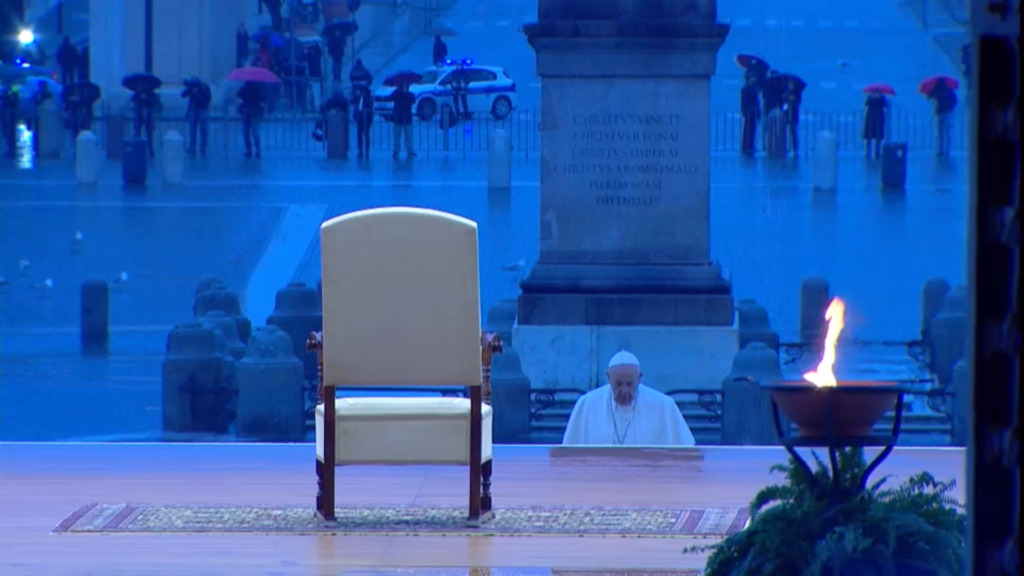
Five Years After Statio Orbis: Hope in the Midst of the Storm
Exaudi Staff
27 March, 2025
2 min
 (EN)
(EN)
 (ES)
(ES)
 (IT)
(IT)

